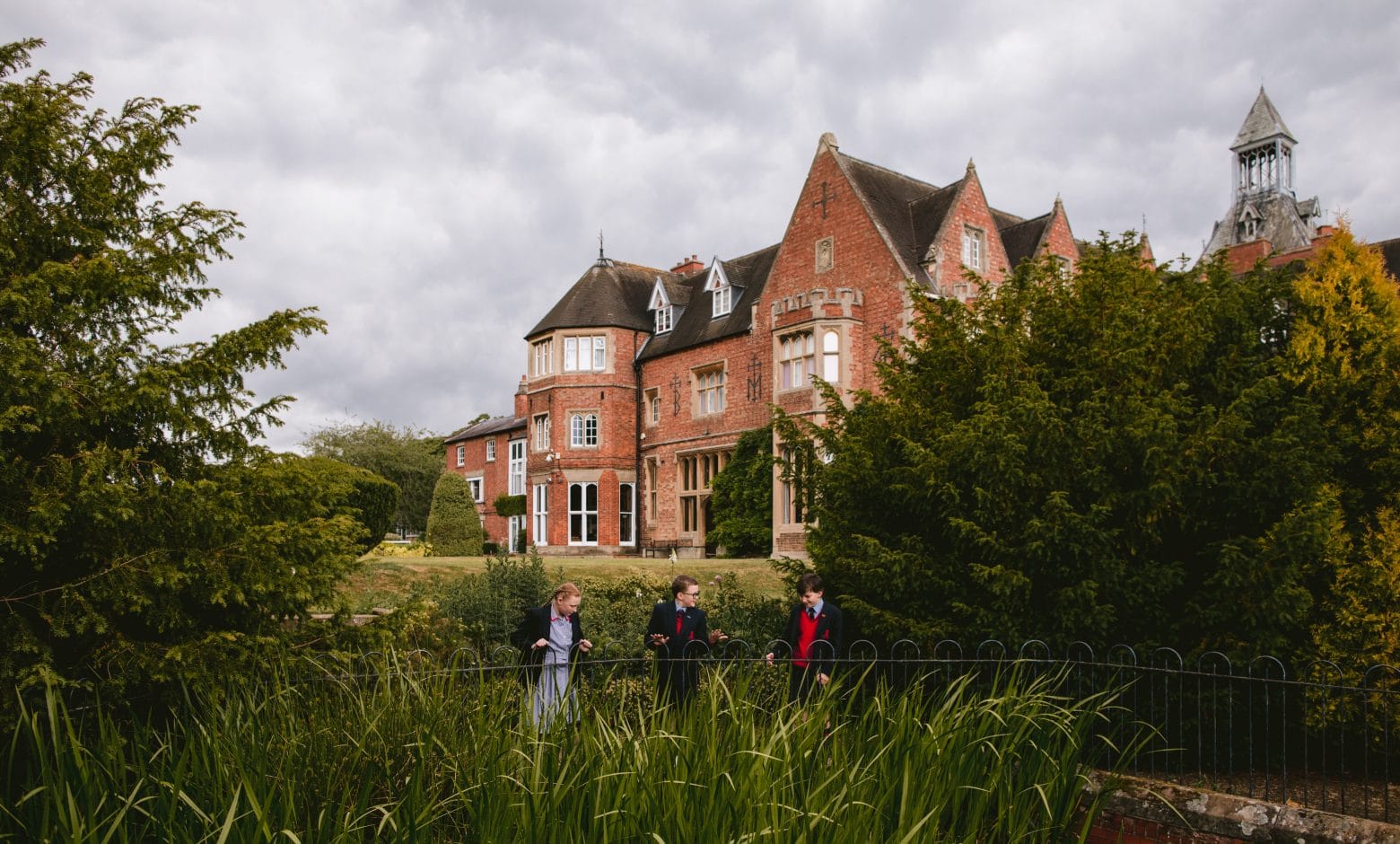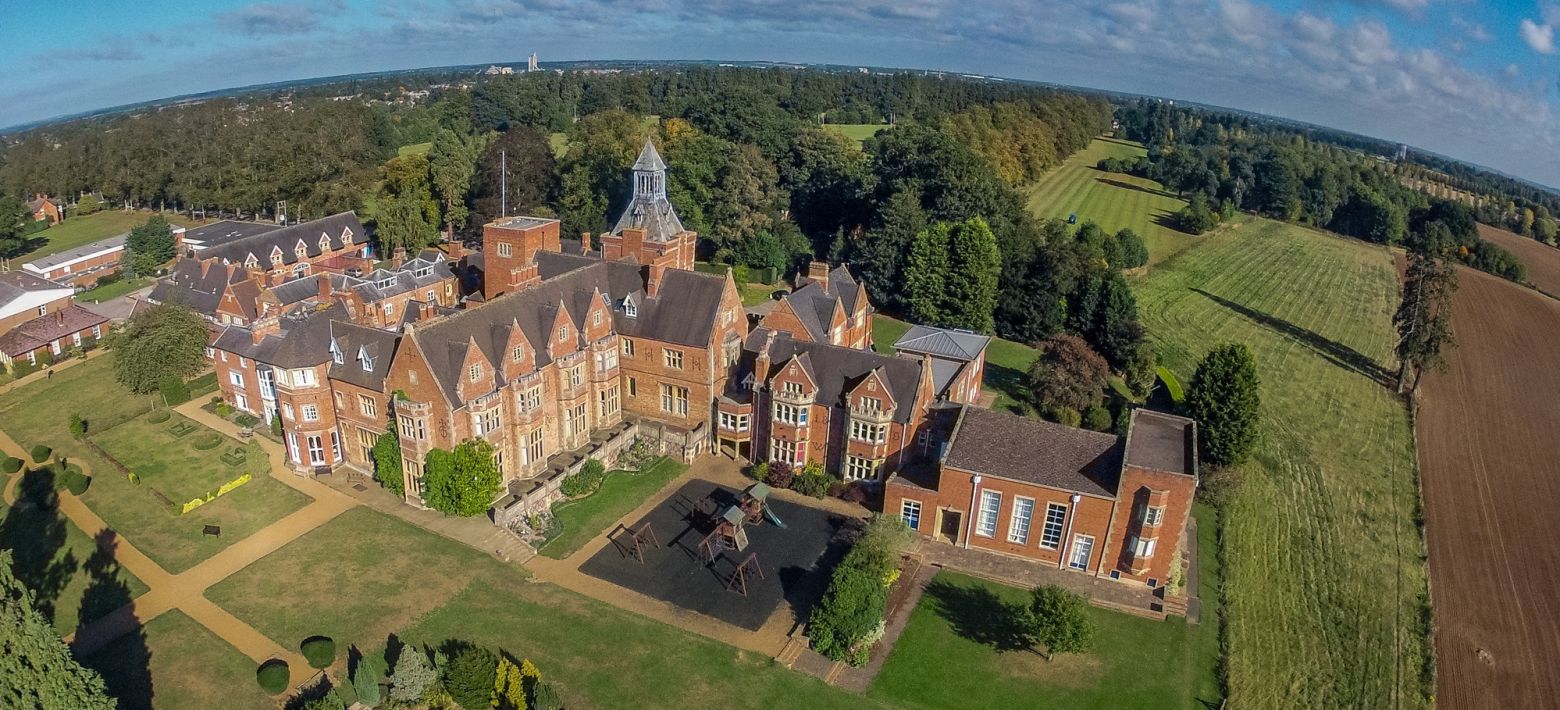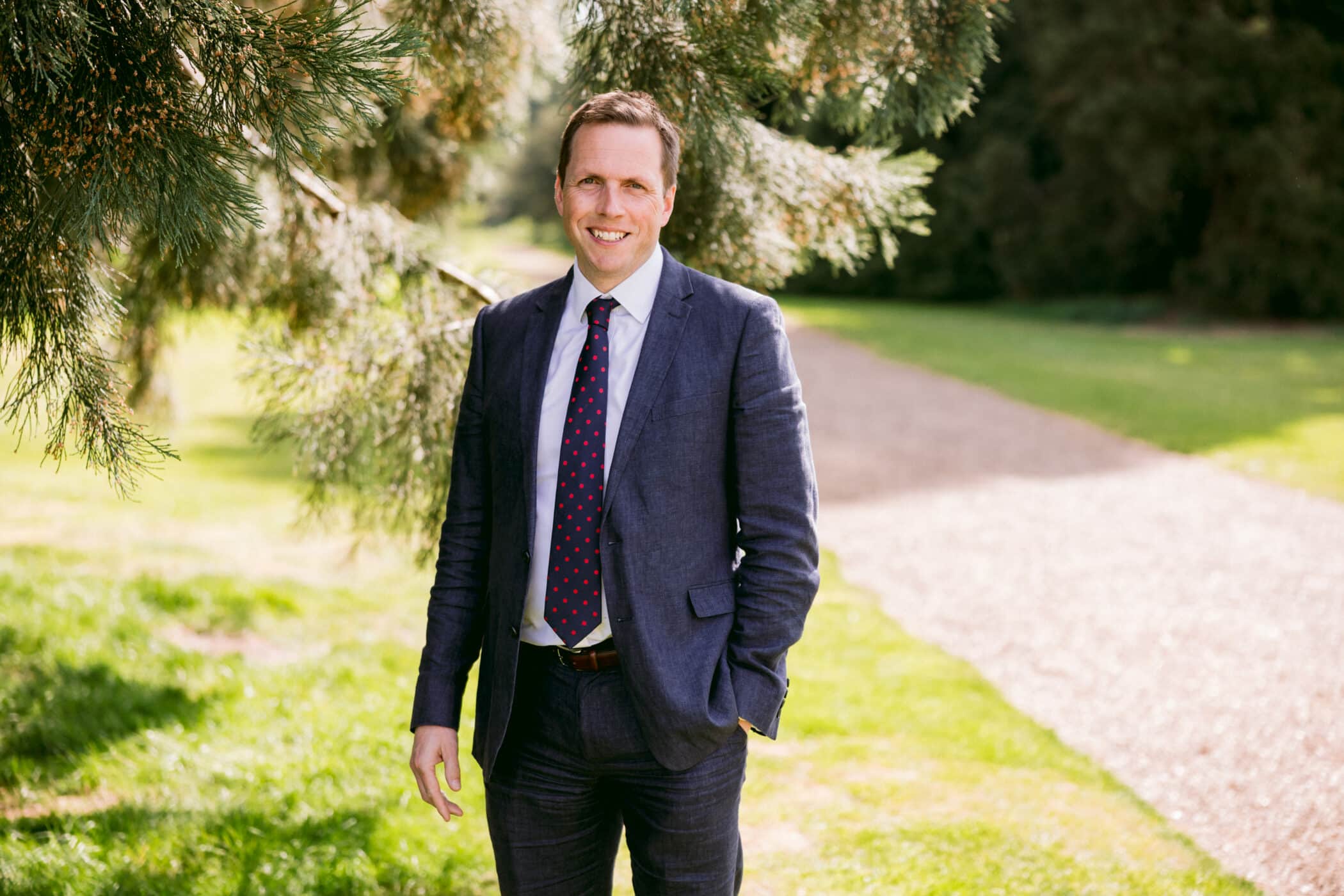The View From My Study – 19th May
During the Industrial Revolution of the late 18th and 19th centuries, Britain changed enormously and was said to have reduced in size due to the way in which people became more connected. Long journeys were cut to a quarter of the time, the Royal Mail developed, and newspapers became national instead of regional, resulting in ordinary citizens becoming more politically aware. The landscape changed too, of course, as the network of canals and railways grew rapidly. And all this was done by hand – thousands of miles of earth shifted to create embankments and smoother pathways across the country for the economic and social benefit of everyone.
So who have we got to thank for this revolution? Apart from the great pioneering industrialists such as Brunel and Stephenson, the really hard work was done by the “navvies”, tough men who carried their lives on their backs, roamed nomadically between shanty towns and dug ceaselessly until they were told to stop. It was a tough life and I am fascinated by how they did it.
I mention it now because early on Monday morning I chuckled to myself as I emerged onto the Quad to see a figure trudging across the far side with what seemed the entirety of his possessions on his back – cricket bag, games kit, cello, music bag, and rucksack. In the morning haze his silhouette cut the figure of a navvy and it struck me that there are similarities: our pupils are guided with where they need to go, and they are given the opportunities and tools to get there, but they really do work their socks off when they need to and they dig and dig to create their own pathways and journeys.
The world is now said to be into the fourth industrial revolution and, through the advancement of AI technologies, stands on the threshold of the most significant changes in history, changes which will affect education, disrupt the world of work and alter the way society interacts. There are many opportunities in these rapid technological changes which could make life better, safer, more interesting and more rewarding, but there are dangers too and we must be very mindful that our children are becoming less patient, less willing to reason ideas with deeper thought and more cocooned in a virtual, rather than a real, world.
At BG, as we develop our digital strategy, we are looking to maximise the ways in which technology can enhance our teaching and learning without losing the human skills that are so important for successful relationships. AI is all around us and cannot be ignored, so we are approaching it with a combination of excitement, curiosity and humility, knowing that, if used wisely, it can help to improve education as well as the lives of our pupils and teachers, significantly.
Gareth Jones, Headmaster





